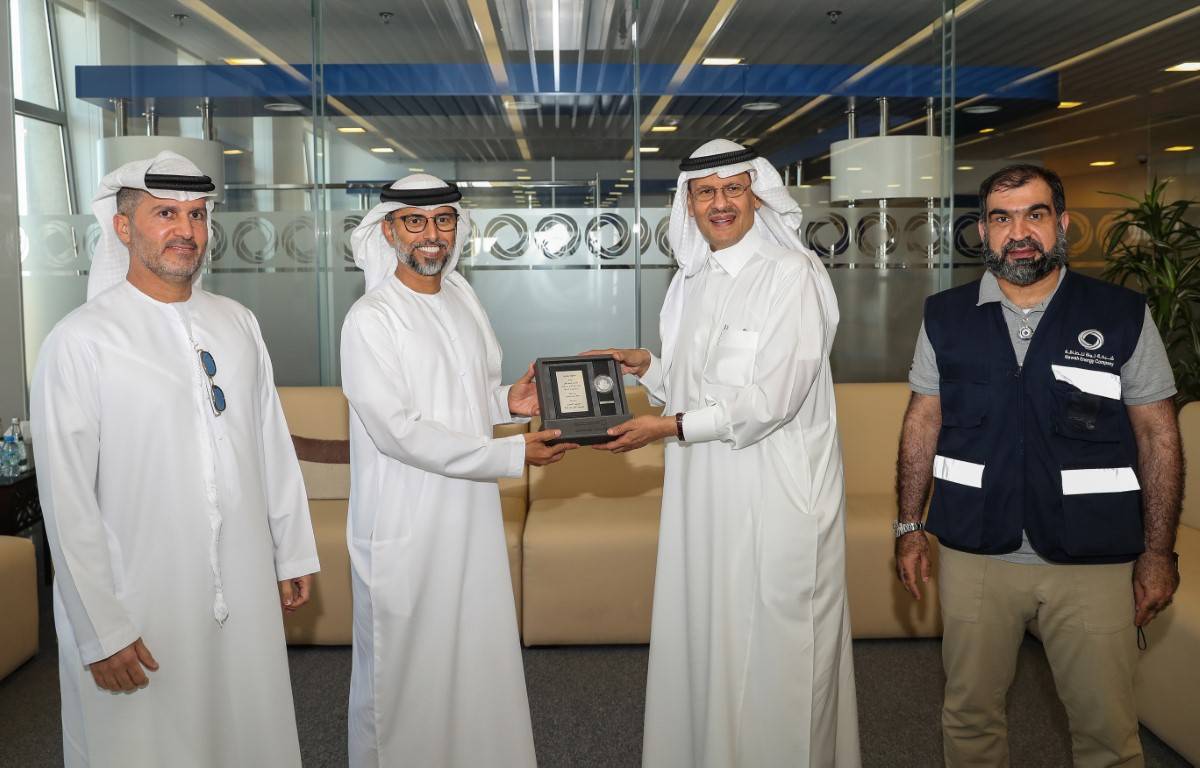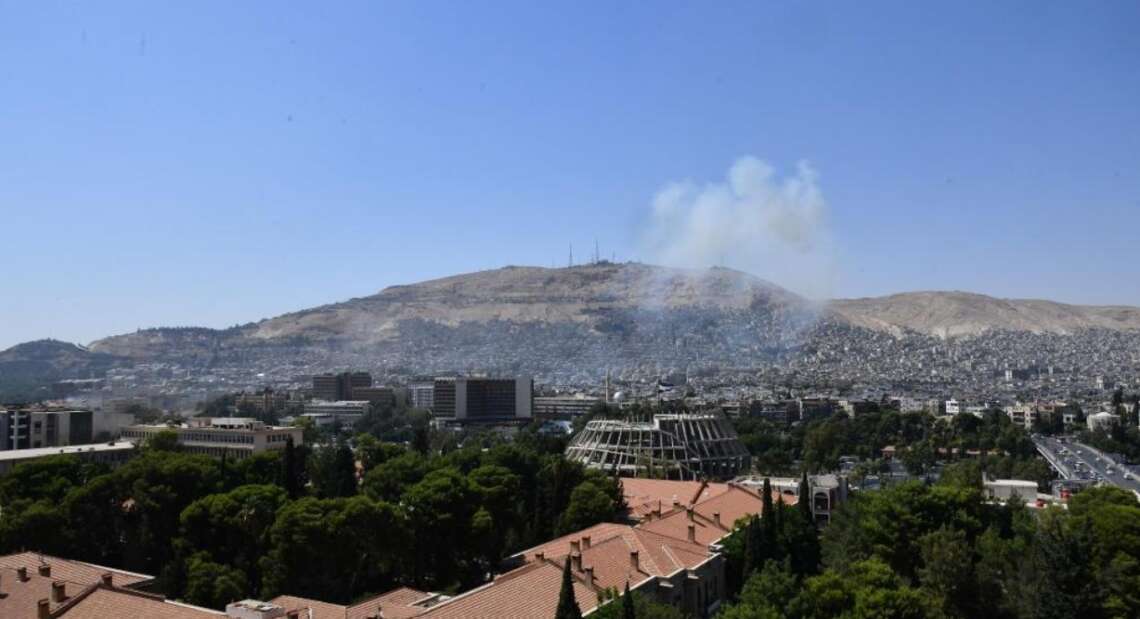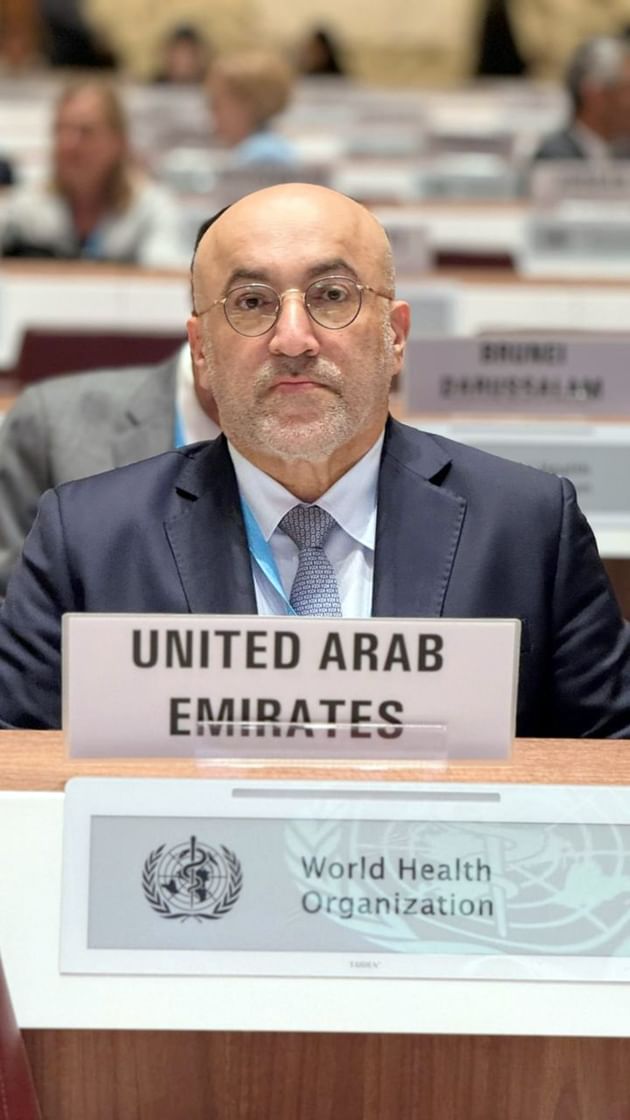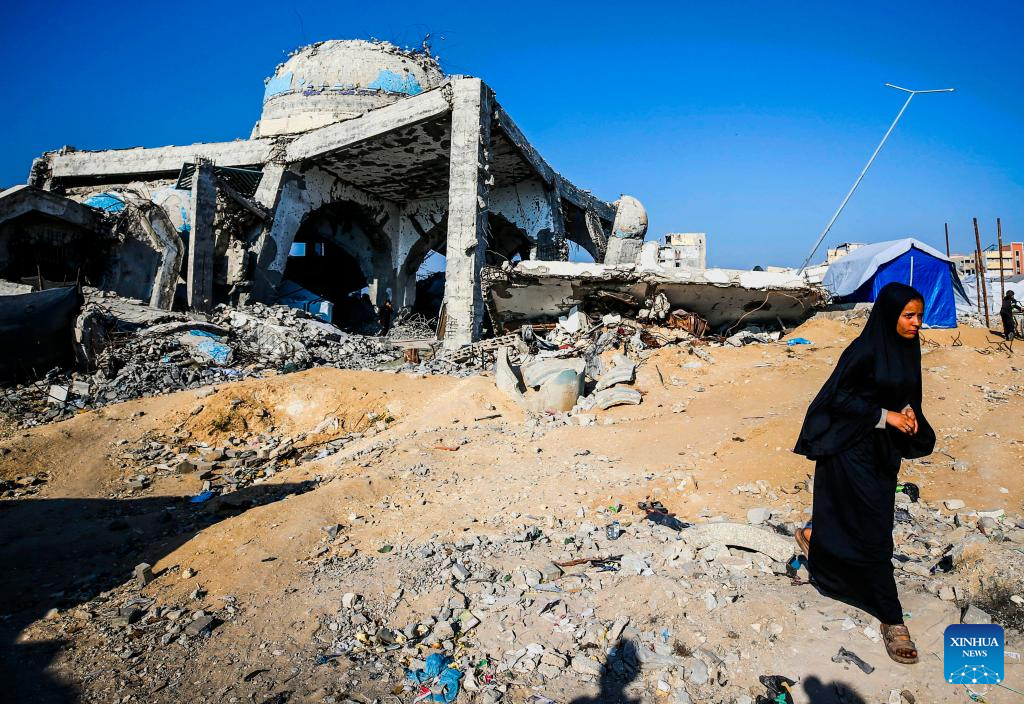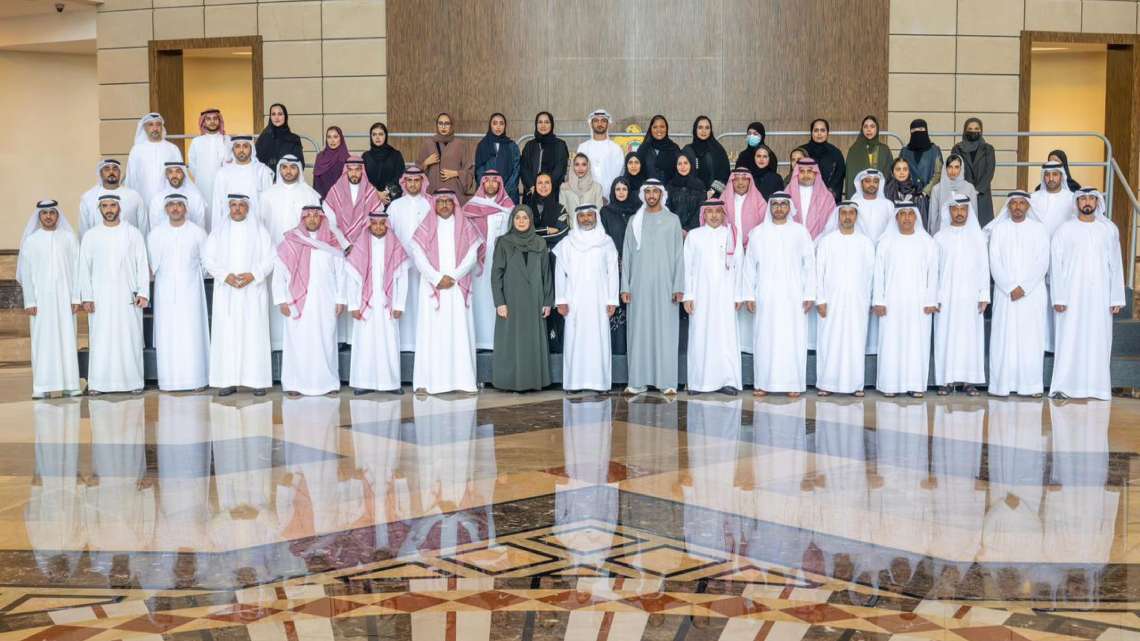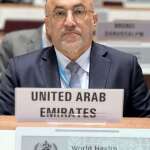WGS 2022: Achieving global energy security will be vital to achieving long-term climate change objectives and economic growth
Achieving global energy security will be vital to achieving long-term climate change objectives and economic growth, delegates to the World Government Summit (WGS2022) heard during a lively panel debate on the question: ‘Is the world ready for a future without oil?’
The issue of energy security and the continuing need for investment in oil to increase capacity dominated the discussion between His Royal Highness Prince Abdulaziz Bin Salman Al Saud, Minister of Energy, Kingdom of Saudi Arabia, Masrour Barzani, Prime Minister of the Iraqi Kurdistan Regional Government, and Suhail bin Mohammed Al Mazrouei, Minister of Energy and Infrastructure.
H.R.H. Prince Abdulaziz Bin Salman Al Saud explained how energy security was a vital pillar for the future. “You cannot attend to climate change without getting energy security and without that you do not have economic security and economic growth,” he said.
He reaffirmed the importance of oil suppliers within the OPEC+, which includes Saudi Arabia and the UAE, in continuing to supply global markets. “In fact, if it was not for OPEC+ we would not be in a position to be celebrating the sustainable energy market to its current level.”
For his part, Al Mazrouei reaffirmed the continuing need for investment in efficient and cost-effective hydrocarbon infrastructure to increase production and help meet global demand.
“It is also interesting that six months ago we were all talking about sustainability and no one was talking about energy security but that has totally changed today.”
Masrour Barzani, Prime Minister, Kurdistan Region of Iraq, added, “As we move forward, we need to be aware of the different dangers that regions will face from a geopolitical and economic perspective and recognize that in a region like ours we do see interference that create security and economic challenges that need to be overcome.
“And it is important to be aware of the behaviour seen by actors in different regions and to study what their intentions will be.”
The panellists believe that the world is currently not able to consider a future without oil but have a shared commitment to ensuring that while investment in hydrocarbon resources is essential – this will have a hugely positive impact on a successful energy transition of the future and be a key pillar in the battle against climate change and ensuring economic growth and prosperity.
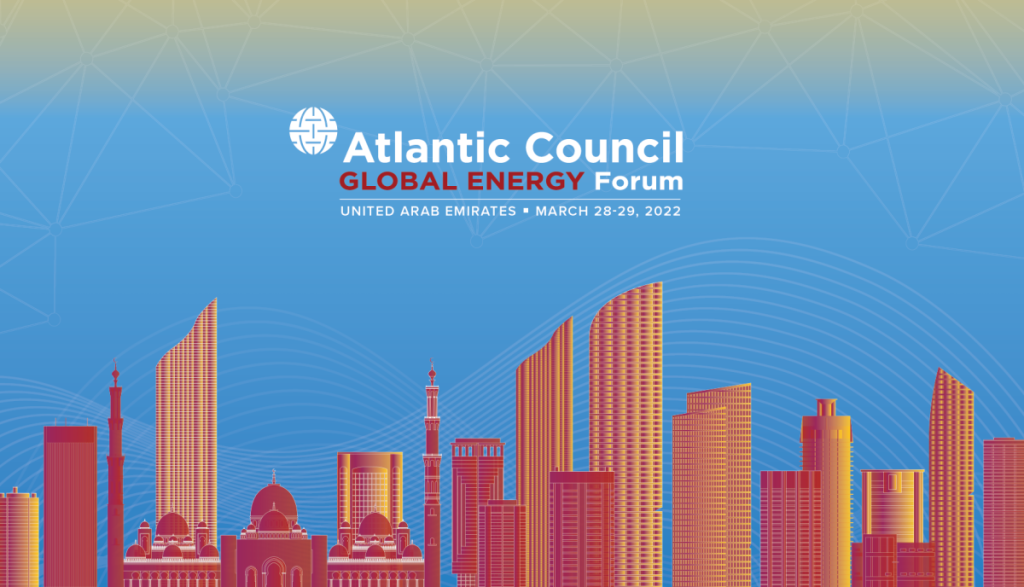
2022 Energy Agenda
The sixth annual Atlantic Council Global Energy Forum, which ran for three days, concluded after focusing on meeting global short-term energy demand while not losing sight of crucial net-zero goals.
This year’s forum was hosted in Dubai alongside the World Government Summit 2022 at Expo 2020 Dubai, giving the event an unprecedented opportunity to convene global energy leaders to examine the geopolitical, energy market, and climate crises shaping the energy system.
The Global Energy Forum featured a robust agenda of public discussions and private meetings that addressed the myriad challenges resulting from the crisis in Ukraine. Leaders also discussed the threat of a stalled energy transition, how to enhance energy security, the future of OPEC+ amid geopolitical tensions, and a look ahead to COP27 and COP28 which will be hosted in Egypt and the UAE, respectively.
Randolph Bell, Senior Director of the Atlantic Council Global Energy Centre, said, “There has never been a more critical time to host the Atlantic Council Global Energy Forum. As the energy system faces acute challenges stemming from the war in Ukraine and a return to pre-pandemic demand levels, this was a key moment to bring together leaders from around the world to chart a new course towards greater energy security and net zero emissions.”
Key speakers at this year’s Global Energy Forum included Dr. Sultan bin Ahmed Al Jaber, Minister of Industry and Advanced Technology and Special Envoy for Climate Change; Suhail bin Mohammed Al Mazrouei, Minister of Energy and Infrastructure; Mohammad Sanusi Barkindo, OPEC Secretary-General; Belinda Balluku, Minister of Infrastructure and Energy of Albania; Alexander Nikolov, Minister of Energy of Bulgaria; Amos Hochstein, Presidential Coordinator for Energy Security and Build Back Better World; Anna Shpitsberg, Deputy Assistant Secretary for Energy Transformation, US Department of State.
The Global Energy Forum, which was delayed this year due to a rise in COVID-19 cases, will return to its usual location in Abu Dhabi in January 2023. The event will continue to serve as a leading partner of Abu Dhabi Sustainability Week, a global event accelerating the world’s sustainable development.

